BOOK REVIEW
Out of Quatro: The ANC’s refusal to listen
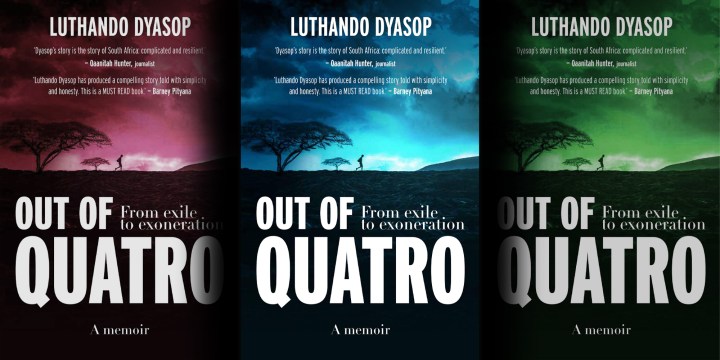
Luthando Dyasop’s autobiography is guidance for the spirit on how to behave in these very grim times, as well as happy times. It is the opposite to South Africa’s destruction of its own infrastructure, helpless and clueless in this global pandemic, seemingly unable to prevent the worst. Out of Quatro is a poetic pilgrimage of arguably the most moral generation of the past 50 years, which remains excluded from office — South Africa has a gaping need for art of this calibre.
Luthando Dyasop — a veteran of the ANC’s participation in the Cold War in Angola, and an artist with a gift for evocation — has written the most moving, thoughtful, sometimes lyrical, sometimes terrifying autobiography of a central thread in South Africa’s history of his lifetime.
Out of Quatro: From Exile to Exoneration — to be issued by Kwela Books on 27 July — takes the reader from the author’s happy childhood in Mthatha, through his night-time solitary journey up the Drakensberg to join the ANC and uMkhonto we Sizwe in Lesotho, and from there to combat on the Eastern Front in Angola against the guerrillas of Unita, who were supported by the Defence Force of apartheid South Africa.
It provides a detailed, first-hand account of the war against Unita and the 1976 generation who were in the MK’s June 16 and Moncada detachments, and of the reasons for their wholesale withdrawal from combat in February 1984. Refusing to continue fighting, they returned en masse to Viana camp outside Luanda to put their case to MK’s High Command, saying this was not their war, it was not the war they had left South Africa to fight, together with their demand to be sent back to South Africa to fight. For this, they have never been forgiven by the ANC, and remain a “lost” generation in South Africa’s public life.
This is a “loss” that has been a disaster for the country. Withdrawing on grounds of democratic principle from the Soviet and Cuban side of the Cold War in Africa, the so-called mutiny by the 1976 generation was met with ferocious repression, culminating in their brutal oppression in Quatro, the ANC’s gulag in Angola. Ahead of the fall of the Berlin Wall and the end of the Soviet Union, it finished off the ANC’s combat role in the Cold War. They were made pariahs, and excluded for life from an active role in South African politics, never to be trusted.
From Luthando Dyasop’s account, what most repelled the June 16 and Moncada detachments was not fighting Unita. It was the repressive action they were compelled to take against innocent villagers caught in the middle of what was, in the last resort, a tribalist civil war in a foreign African country, with the ANC — founded on anti-tribalist principles — active on behalf of Angola’s MPLA regime (representing primarily a Mestico, or mixed-race, and Kimbundu tribal membership) against the more southerly Ovimbundu, represented by Unita. It is a tribal division still unreconciled in Angola, to this day.
The 1976 MK members felt deeply repelled by the repressive actions they were forced to take towards ordinary black villagers. Steve Biko would have understood their argument, had he not been murdered in 1979 in South Africa by the apartheid regime.
MK in Angola was riven by a deep, unbridgeable cultural divide which separated the overwhelming majority of MK’s troops from the command, headed by ANC and South African Communist Party leaders from the 1950s together with an elite of early 1960s Fort Hare university graduates, who had been educated in the Soviet Union. It was a division in which the command’s newly acquired mass of low-ranking recruits from the generation of the 1976 school students’ rebellion took orders from above — and then refused to take orders any longer. In a significant way, it was the second great rebellion of this generation, for which it has never been exonerated.
The SACP-trained leaders of MK never trusted their 1976 mass membership, who grew up in South Africa when the SACP had been crushed and were under primary cultural influence from Biko and the black consciousness movement. The post-1976 mass membership of ANC and MK in exile was almost entirely unrepresented in the leadership, which exercised an arrogance represented by commissar Francis Meli (educated at Fort Hare and in East Germany) when he informed his 1976 generation recruits that Biko — then not yet murdered – was a “CIA agent”.
Chris Hani, Meli and Andrew Masondo (all from Fort Hare) were primary representatives of this dictatorial heritage, which the 1976 generation — among them Luthando Dyasop — innocently trusted would accept their arguments for democratic reform. Instead of discussion, the ruling cabal called in armoured vehicles of the Angolan presidential guard — which seven years previously had participated in the mass murder of the MPLA’s own members — to crush these so-called “dissidents”.
Dyasop’s profound and often lyrical book represents four decades of reflection on this fundamental chasm in South African history.
“What prompted me to write the memoir”, he has written to me, “is my wish to shed light on the fact that the political and economic crisis we see playing itself out presently in South Africa has its foundation laid in exile. The ANC security department made sure that fear of them instilled in the general membership meant they could do anything with impunity; there was no accountability or transparency; and any dissenting voice was, at best, imprisoned or, at worst, would end up dead. Then elitism thrived; it was just a matter of waiting in the wings for the ultimate prize — being in power in a well-developed South Africa — to accommodate their expensive taste for finer material things. All at the detriment of the ideals enshrined in the Freedom Charter.
“The ANC deviated from the right path while we were in exile: the foundation for a democratic society based on ethics, integrity and accountability was replaced by elitism, impunity, self-aggrandisement, greed and corruption. All these were detrimental to the struggle for the interests of the people of South Africa, yet they thrived in a space where criticism and dissent were met with brutal repression that left the membership paralysed with untold fear. The first casualty there was democracy.
“And so goes the story of the ANC returning home to continue where it had left off. But first, it had to take care of the loose ends, like denigrating and framing as ‘dissidents’ and ‘askaris’ those who were posing the threat of exposing the wicked practices of some of the leadership. When Sipho Phungulwa died, in essence, so did democracy. With justice denied, it could only entrench fear to the rest of those who shared Sipho’s dream of a democratic society where, as he articulated it, ‘people choose the leaders of their own choice’.”
The assassination by MK of Phungulwa — Luthando’s friend from Quatro, to whom the book is dedicated — is perhaps the most harrowing episode in the book, taking place right beside him outside Luthando’s home in Mthatha on 13 June 1990, very shortly after their return to South Africa. It followed after they’d fruitlessly hoped to explain to local ANC leaders in Mthatha what had happened in exile. Instead, the killers were called in.
This political crime suggests decades of trauma for Luthando, the survivor … and for South Africa. Having been repressed in exile — executed on return, in Phungulwa’s case — the 1976 generation in MK has been almost completely excluded from significant positions in government, while the unaccountable elite smashed the foundations of South Africa’s economy. The crushing of the ’76 generation in Angola ensured the triumph of corruption in South Africa.
Out of Quatro: From Exile to Exoneration is like an oasis in a desert. It is a journey towards resolution, a quiet, truthful acknowledgement of the good and the bad, and of the author’s own self: No rhetoric. No shouts or declamations. Just recognition of what is, and what has been, the need for honesty and integrity, and for what Sipho Phungulwa pointed out in exile: for leaders to be accountable to members.
That call of the 1976 generation will now be going to the hearts and minds of an unknown number of readers as South Africa’s unheard story, to an extent I think greater than from any other book so far. Dyasop is an artist whose autobiography has a quality of art. As with Sello Maseko’s award-winning parable of Quatro, the musical drama Angola: Camp 13 — which showed in two years’ running at State Theatre in Pretoria, and which Luthando attended with two exile colleagues, later speaking to the audience from the stage — reading Out of Quatro is how art works. Without behaving like a preacher or a lecturer, this autobiography explains what has not been explained in the manner of a good therapy session, through therapy done by the author on himself.
Sadly, Kwela Books was not able to reproduce in colour Dyasop’s four autobiographical paintings in acrylic of the Quatro and Viana experience, only in black and white. These works by a painter reproducing a crucial period of South Africa’s history as his own life story are a unique testimony to the art of memory: sincere, authentic, straight from the heart.
They speak as art, with an unparalleled power.
Here is guidance for the spirit on how to behave in these very grim times, as well as happy times. It is the opposite to South Africa’s destruction of its own infrastructure, helpless and clueless in this global pandemic, unable to prevent the worst.
As a poetic pilgrimage of the most moral generation of the past fifty years, still excluded from office, South Africa has a gaping need for such art. It is no surprise that Rev Barney Pityana, Steve Biko’s colleague in the creation of the black consciousness movement, describes the book on its cover as a “compelling story told with simplicity and honesty … a MUST READ”.
Professor Thula Simpson, at University of Pretoria, considers it “Beautifully written, humane in judgement, an essential account from a frontline soldier of the ambiguities of South Africa’s unfinished struggle for liberation”.
A journey from the past to the present, this book will live. DM
Out of Quatro: From Exile to Exoneration will be released by Kwela Books on 27 July.
Born in Johannesburg in 1941, Paul Trewhela worked in underground journalism with Ruth First and edited the underground journal of MK, Freedom Fighter, during the Rivonia Trial. He was a political prisoner in Pretoria and the Johannesburg Fort as a member of the Communist Party in 1964-1967, separating from the SACP while in prison. In exile in Britain, he was co-editor with the late Baruch Hirson of Searchlight South Africa, banned in South Africa.

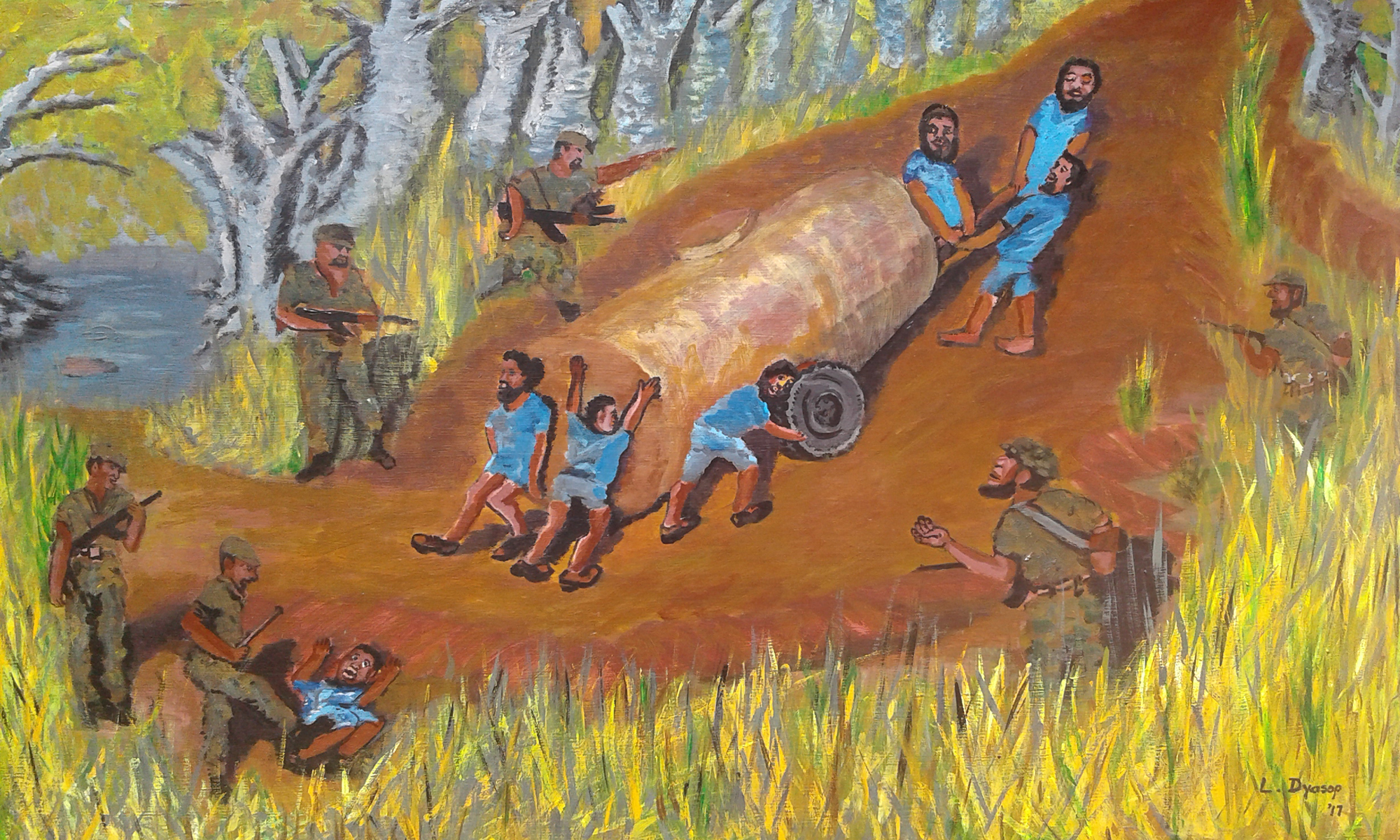
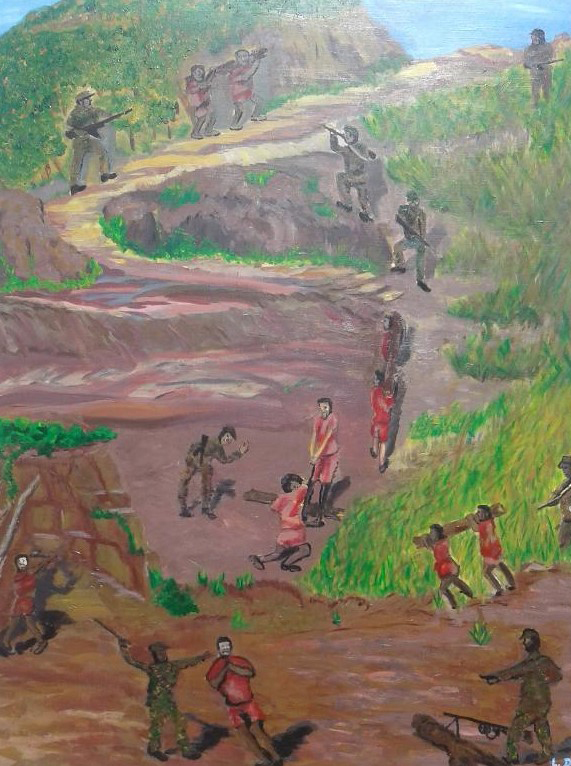
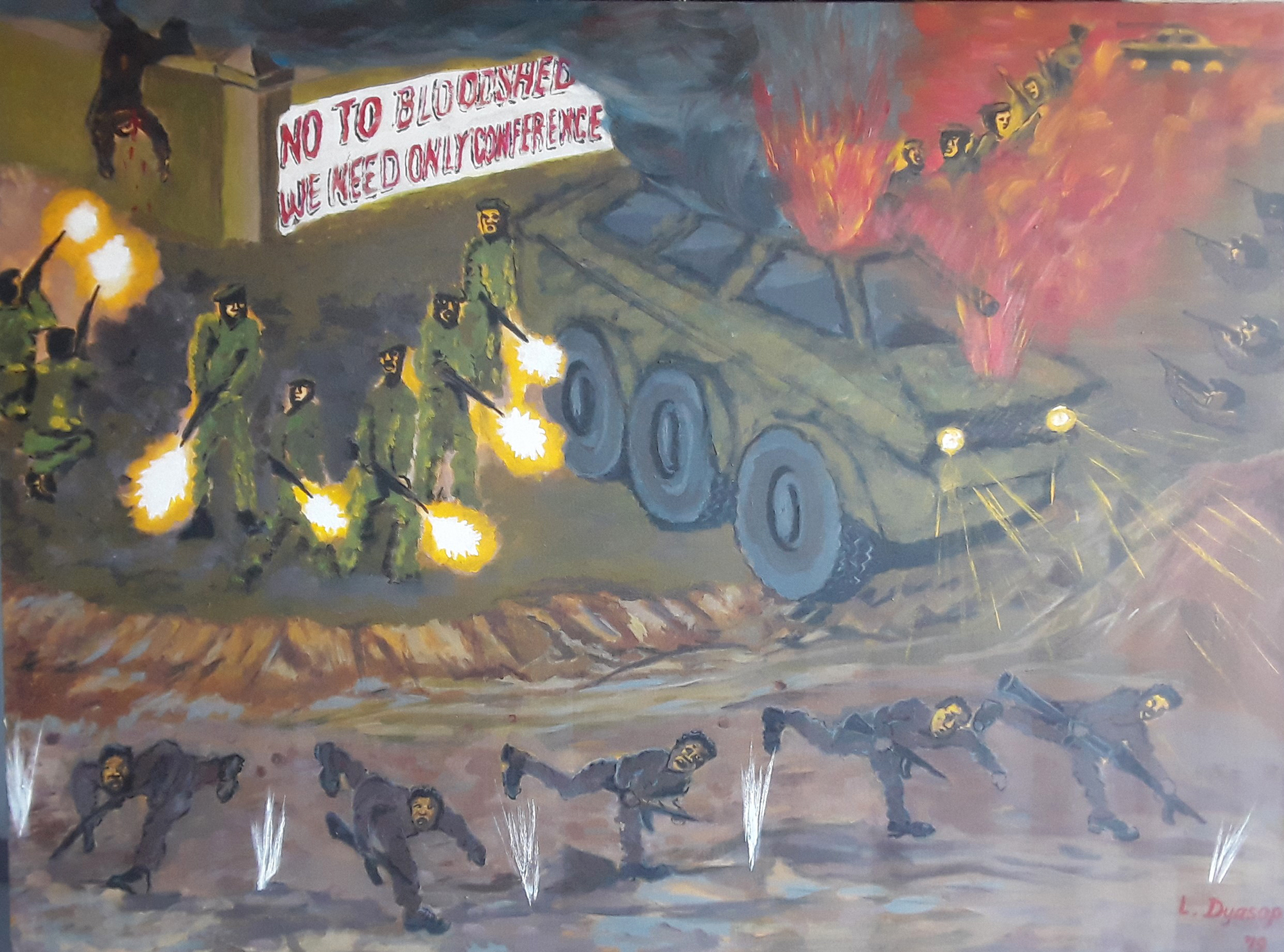
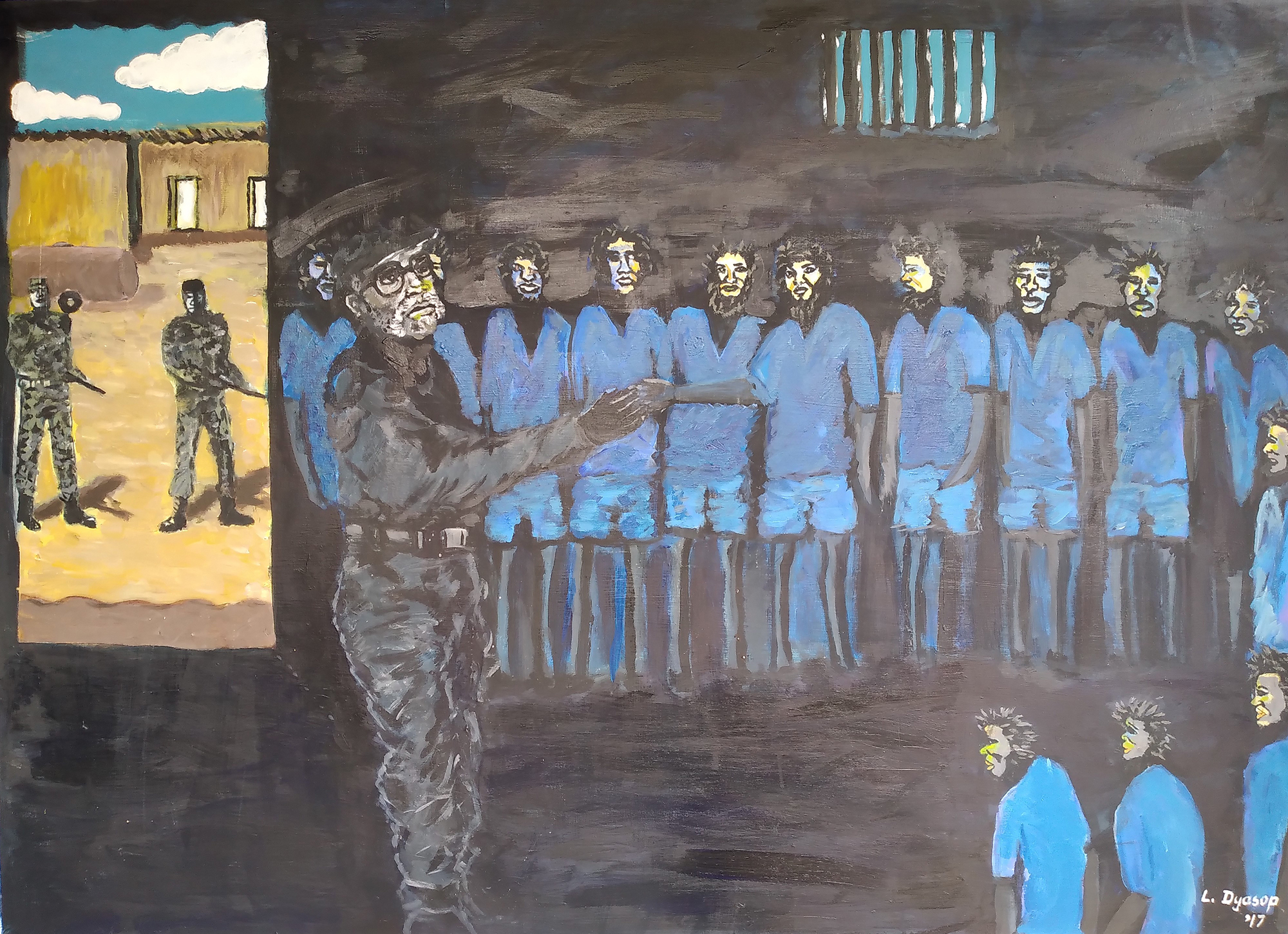

















 Become an Insider
Become an Insider
Put me on the list to purchase the book please!